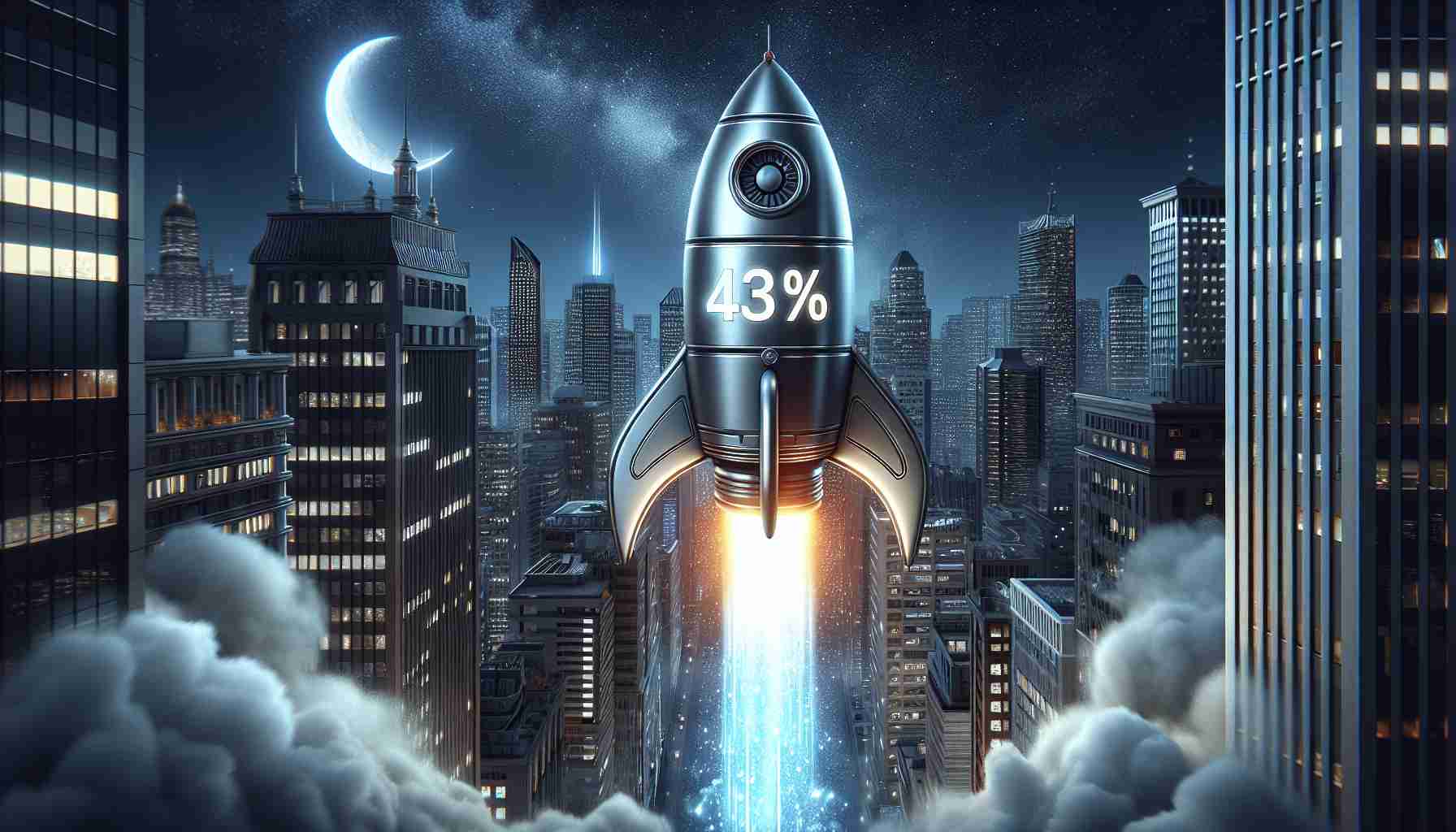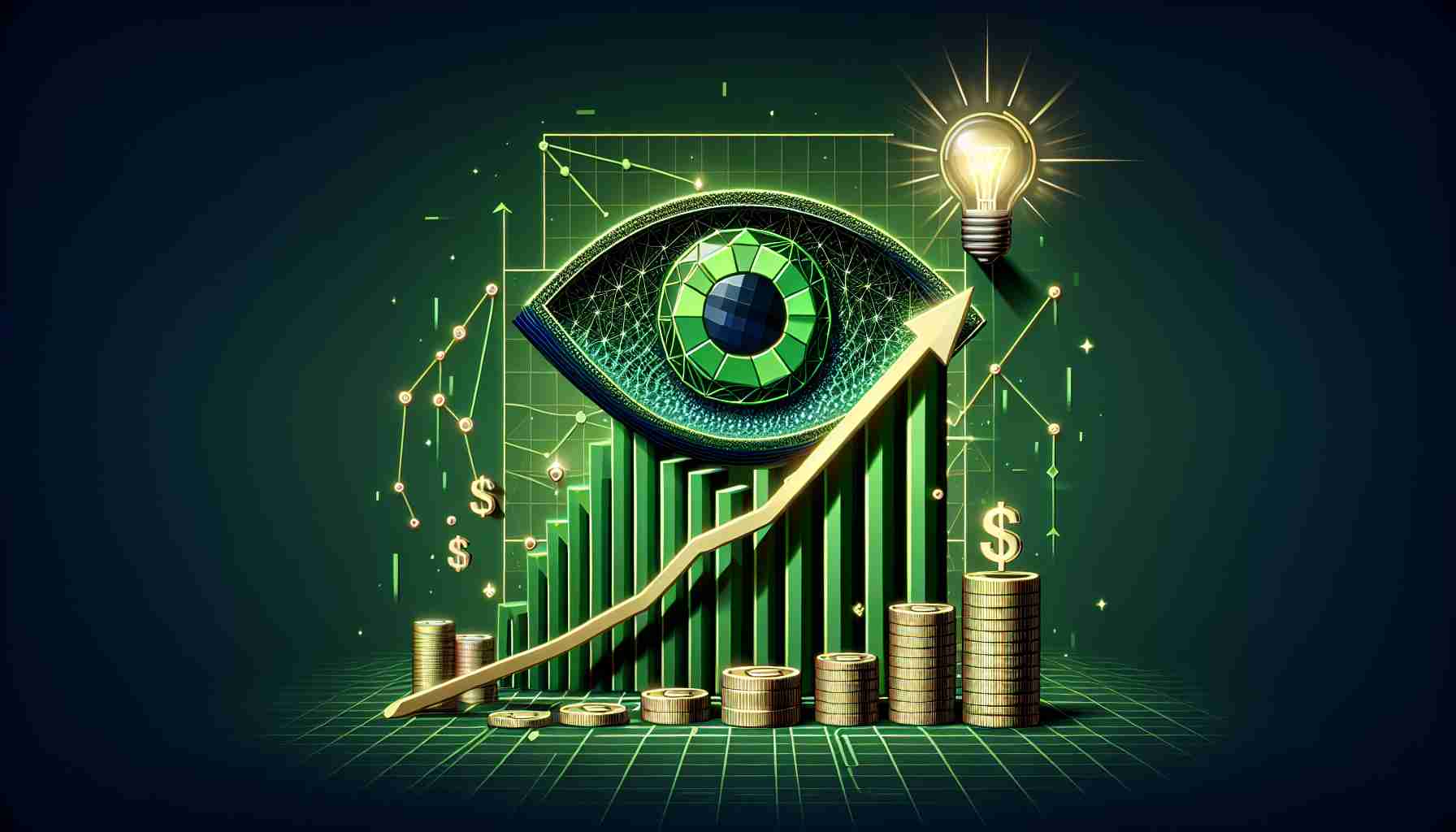In a bustling city, a group of passionate athletes train tirelessly together, embodying strength and unity in a unique sport that embraces diversity. The team members vary in size, shape, and background, but they share a common love for the game and a commitment to supporting one another both on and off the field.
This team, known as the Urban Unity Athletes, has become a symbol of inclusivity within the sporting world. They welcome individuals from all walks of life, including those who identify as part of the L.G.B.T.Q. community. Each player brings their own unique skills and perspective to the game, enriching the overall dynamics of the team.
Recently, however, their sense of community was challenged when a local directive was issued banning certain individuals from participating in county-sponsored sports events. The reasoning behind the ban was framed as a way to ensure fair competition, but many saw it as discriminatory and harmful to the spirit of inclusivity that the team stood for.
In response, the Urban Unity Athletes found a powerful ally in a group of legal advocates who shared their commitment to justice and equality. Together, they have taken a stand against the ban, filing petitions and raising awareness about the importance of embracing diversity in sports.
Through their resilience and determination, the team and their supporters have become a powerful voice for change, showing that unity and inclusivity can triumph over adversity. Their story inspires others to challenge injustice and fight for a more equitable and accepting society for all athletes.
Exploring the Depth of Empowerment Through Inclusivity in Diverse Athletics
As the world of sports continues to evolve, the concept of empowerment through inclusivity has taken center stage, fostering a new era of diverse athletics. While the previous article highlighted the inspiring journey of the Urban Unity Athletes and their fight against discrimination, there are deeper layers to this topic that warrant exploration.
Key Questions:
1. How can sports organizations ensure inclusivity for athletes of all backgrounds?
2. What role do legal frameworks play in protecting the rights of marginalized athletes?
3. What are some effective strategies for raising awareness about diversity and inclusion in sports?
Key Challenges and Controversies:
– Resistance to Change: Some traditional sports institutions are resistant to embracing inclusivity, citing concerns about maintaining fairness in competition.
– Identity-Based Barriers: Athletes belonging to marginalized communities often face systemic barriers that limit their participation in sports.
– Perception of Quotas: Implementing diversity initiatives can sometimes be misinterpreted as tokenism rather than genuine efforts towards inclusivity.
Advantages:
– Enhanced Team Dynamics: Diverse teams bring together a wide range of perspectives and skills, fostering a rich and dynamic environment.
– Broader Talent Pool: Embracing inclusivity allows sports organizations to tap into a larger pool of talent, leading to greater competitiveness and innovation.
– Social Impact: Inclusive sports initiatives have the power to inspire social change and promote acceptance and understanding across communities.
Disadvantages:
– Resistance and Backlash: Efforts towards inclusivity may face resistance from existing power structures or individuals who are not open to change.
– Resource Allocation: Implementing diversity programs may require additional resources and time, posing challenges for organizations with limited budgets.
– Tokenism: There is a risk of inclusivity initiatives being perceived as superficial or insincere, without leading to meaningful change in the long run.
The journey towards empowerment through inclusivity in diverse athletics is not without its complexities and hurdles, but the rewards are profound. By championing diversity, sports can become a powerful platform for social justice, equality, and collective empowerment.
For more insights on inclusive sports initiatives and the impact of diversity in athletics, visit International Olympic Committee.







